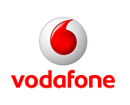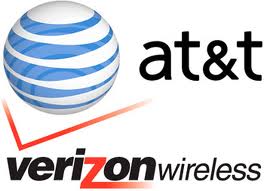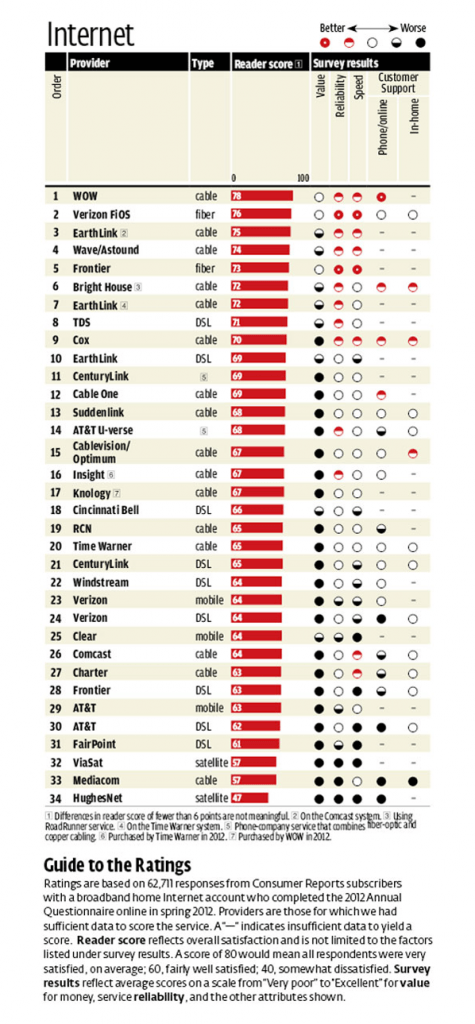 A Financial Times blog post has started a buying frenzy for Vodafone Group Plc on news AT&T and Verizon Communications are about to bid for the British mobile phone giant, despite denials from Verizon it is involved in any deal to acquire the British mobile phone company.
A Financial Times blog post has started a buying frenzy for Vodafone Group Plc on news AT&T and Verizon Communications are about to bid for the British mobile phone giant, despite denials from Verizon it is involved in any deal to acquire the British mobile phone company.
The Times Alphaville blog quotes unnamed sources deemed “usually reliable people” who claim Verizon and AT&T are working together on a blockbuster $245 billion takeover deal for one of the world’s largest wireless carriers. After the story appeared, Vodafone shares were up 6.1 percent.
Verizon is interested in buying out Vodafone’s part ownership in its Verizon Wireless venture and AT&T is looking to overseas markets for future wireless revenue opportunities that are harder to find in the United States.
 The sources told the Times they expect the deal will initially merge Vodafone and Verizon into a single entity, but only briefly. Verizon would promptly sell Vodafone’s extensive international assets to AT&T at a premium. Verizon would end up the sole owner of Verizon Wireless, and AT&T would acquire Vodafone’s enormous wireless operations in Europe, Asia, Africa and the Middle East.
The sources told the Times they expect the deal will initially merge Vodafone and Verizon into a single entity, but only briefly. Verizon would promptly sell Vodafone’s extensive international assets to AT&T at a premium. Verizon would end up the sole owner of Verizon Wireless, and AT&T would acquire Vodafone’s enormous wireless operations in Europe, Asia, Africa and the Middle East.
Barclays Plc is working on putting together the potential transaction, Alphaville said today.
Informal talks have reportedly been underway between AT&T, Verizon and Vodafone since December according to Bloomberg News. The biggest impediments seem to be among the company’s top executives arguing over who ends up in the leadership and where the combined companies will be located — in the UK or the USA.
Vodafone has been a tolerated partner in Verizon Wireless since 1999 when Bell Atlantic and Vodafone merged their respective mobile ventures into Verizon Wireless. Vodafone has held tightly to their part-ownership of Verizon’s wireless network, which has proven an enormous earner in an American wireless marketplace considered less competitive than in Europe. The talks indicate Verizon is willing to pay a premium price to disconnect the British wireless company from its American operations. Allowing AT&T to help finance the largest wireless takeover in years makes it more likely a deal can be done, assuming regulators on both sides of the Atlantic agree.


 Subscribe
Subscribe Virgin Media is in hot water with a UK advertising regulator after the company’s marketing department borrowed one of the tricks successfully employed in the United States: selling “unlimited broadband” service that actually is not unlimited at all.
Virgin Media is in hot water with a UK advertising regulator after the company’s marketing department borrowed one of the tricks successfully employed in the United States: selling “unlimited broadband” service that actually is not unlimited at all.

 “In that context we considered that the restriction of reducing users’ download speeds by 50% was not moderate and that any reference to it was likely to contradict, rather than clarify, the claims that the service was ‘unlimited’,” the ASA said. “We therefore concluded that the claim ‘unlimited’ was misleading.”
“In that context we considered that the restriction of reducing users’ download speeds by 50% was not moderate and that any reference to it was likely to contradict, rather than clarify, the claims that the service was ‘unlimited’,” the ASA said. “We therefore concluded that the claim ‘unlimited’ was misleading.”


 Just how bad is your cable company?
Just how bad is your cable company?




